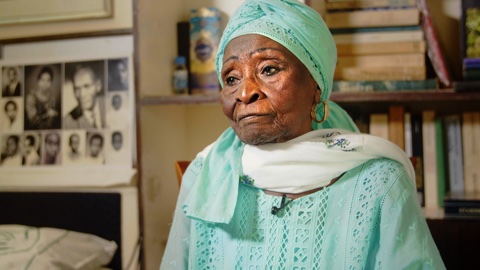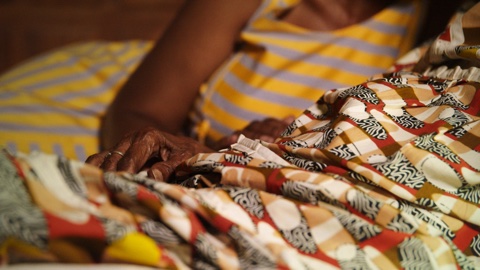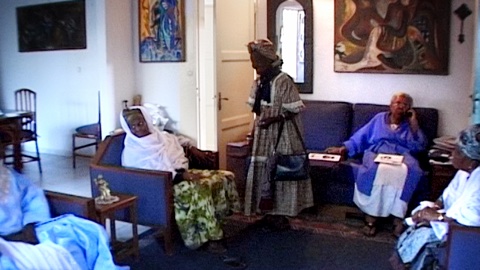This documentary tells the story of Germaine Le Goff, a trailblazer in the field of education. Her work and vision shaped a more inclusive and universal approach to teaching, breaking barriers and paving the way for a new educational model. It explores her journey, the challenges she faced, and the lasting impact of her pioneering methods.
In 1938, while Léon Blum was in power in France, the Breton Germaine Le Goff founded and directed the first school for female teachers in all of Africa, located in Senegal. Her students came from all corners of the sub-region. The visionary, "missionary," secular, and republican teacher worked tirelessly for women's freedom in Africa, often advising her young students: "Be proud of your roots, of your culture, wear your boubous proudly, remain African!"
This led to the emergence of a new generation of African women—dignified, determined, and feminist. All of these students went on to excel in Senegal or their respective countries, becoming school principals, teachers, intellectuals, writers, and renowned ministers, playing a crucial role during the period of independence. These women shared the same belief in what Léopold Sédar Senghor would later call "the culture of the Universal."
The documentary tells the story of a generation of African feminists, all of whom came from the same school in Rufisque, led by the engaged teacher Germaine Le Goff, from 1938 to 1945.




